
Are Eggs with Bl00d Spots Safe to Eat? The Truth Behind Those Tiny Red Specks
Have you ever cracked open an egg only to discover a tiny red or brown spot inside? If so, you’re definitely not alone—and you’ve probably paused for a moment, wondering whether the egg is still okay to use. Some people toss it out right away, while others shrug and cook it as usual. But what exactly are these mysterious spots, and do they signal anything dangerous?
Let’s clear up the confusion once and for all with a closer look at what causes these specks, how common they are, and when you really should be concerned.
Are Eggs with Blood Spots Safe to Eat?
In most cases, yes. Eggs that contain small red or brown spots are perfectly safe to eat, as long as they’re properly cooked. These spots are harmless, natural, and do not indicate any disease or contamination. If their appearance makes you uncomfortable, you can simply remove the spot with the tip of a clean knife or spoon before cooking.
You may also encounter brown meat spots, which are tiny bits of tissue that the egg picks up as it travels through the hen’s reproductive tract. These, too, are completely harmless and common, especially in eggs from older hens.
However, there are signs that should raise a red flag. If the egg white looks red, pink, or even greenish, this could be a sign of bacterial contamination. In such cases, the egg should be discarded immediately to reduce the risk of foodborne illness.
How Often Do Blood Spots Occur?
Blood spots are relatively rare in supermarket eggs—fewer than 1% of commercially sold eggs contain them. This is because eggs intended for grocery stores undergo a process called candling, where they’re examined under bright light. Producers can spot imperfections and remove those eggs long before they reach store shelves.
Because of this screening, finding a blood spot in a supermarket egg is uncommon and usually nothing more than a minor cosmetic imperfection.
Farm-fresh or backyard eggs, on the other hand, are more likely to contain the occasional spot. These eggs are not always candled, and the natural variation among hens makes spots more frequent. Brown-shelled eggs also tend to hide imperfections during candling because the darker shell makes it harder for light to penetrate, meaning more spots can go undetected.
What Causes Blood Spots in Eggs?
A common misconception is that blood spots mean the egg has been fertilized. In reality, this is not true.
Blood spots form when a tiny blood vessel ruptures in the hen’s ovary or oviduct during egg formation. Depending on the timing, the spot can appear in different parts of the egg:
-
Spot on the yolk: The rupture happened in the ovary when the yolk was released.
-
Spot in the white: The bleeding likely occurred later, after the yolk entered the oviduct.
These ruptures are natural and can happen for several reasons, such as:
-
A sudden movement or stress in the hen
-
A minor nutritional imbalance
-
The age of the hen (younger hens are more prone to spots)
-
Genetic factors
In all cases, the spot is a natural, harmless occurrence—not a sign of poor quality, mishandling, or fertilization.
Tips for Storing and Cooking Eggs Safely
Even though blood spots themselves are harmless, it’s still important to follow safe egg handling practices to reduce the risk of foodborne illness.
Storage
-
Store-bought eggs should always be kept in the refrigerator.
-
Unwashed farm-fresh eggs can stay at room temperature, but keep them in a cool, dry, shaded place.
-
Discard eggs with cracked shells, since bacteria can easily enter through the cracks.
Cooking
-
Wash your hands before and after handling eggs.
-
Cook eggs until both the yolk and white are firm.
-
Avoid eating raw or undercooked eggs unless they are pasteurized. Pasteurized eggs significantly reduce the risk of Salmonella.
Leftovers
-
Cooked eggs can be safely stored in the refrigerator for up to one week.
-
Hard-boiled eggs should be refrigerated and not left out for extended periods.
These simple steps dramatically lower the chance of foodborne illness and help keep your kitchen safe.
Transporting Eggs: Safety Reminders
If you’re packing eggs for a picnic, lunchbox, or any situation where they’ll be outside for a while, keep them cold. Use an insulated cooler or ice packs to maintain a safe temperature. Avoid leaving eggs in direct sunlight or warm environments, as this encourages bacterial growth.
If you ever experience food poisoning symptoms—vomiting, diarrhea, stomach cramps, or fever—contact a healthcare professional. Staying hydrated and seeking medical attention when needed are essential. Reporting suspected contamination to health authorities can also help prevent larger outbreaks.
The Bottom Line
While red or brown spots inside an egg might look unappealing, they’re completely natural and generally safe. These tiny imperfections occur when a small blood vessel ruptures during the egg’s formation and do not pose a health risk when the egg is properly cooked.
So the next time you crack an egg and see one of these spots, there’s no need to panic—or waste perfectly good food. Just remove the speck if you prefer, cook the egg thoroughly, and enjoy your meal with confidence.
News in the same category


A 42-Year-Old Man Died of a Stroke Despite Not Smoking or Drinking — Doctors Shocked to Find the Real Daily “Killer” in His Diet

How to Remove Water Stains from Wood with Mayonnaise

Close or open the bathroom door for ventilation? It turns out many people still do it wrong
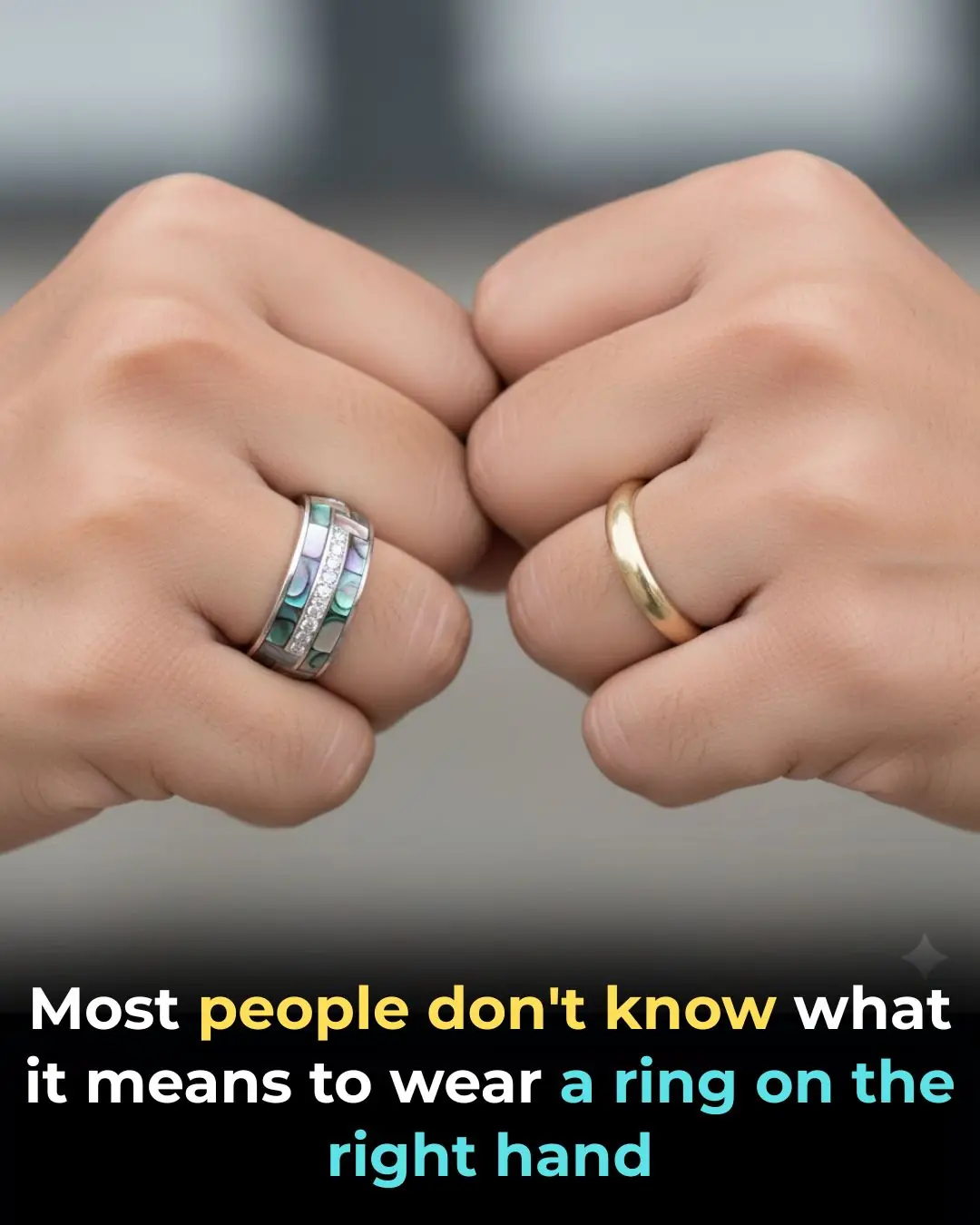
What Does It Mean To Wear a Ring On The Right Hand

Who Will Not Be Eligible As Trump Promises To Give $2,000 To Almost Everyone In America
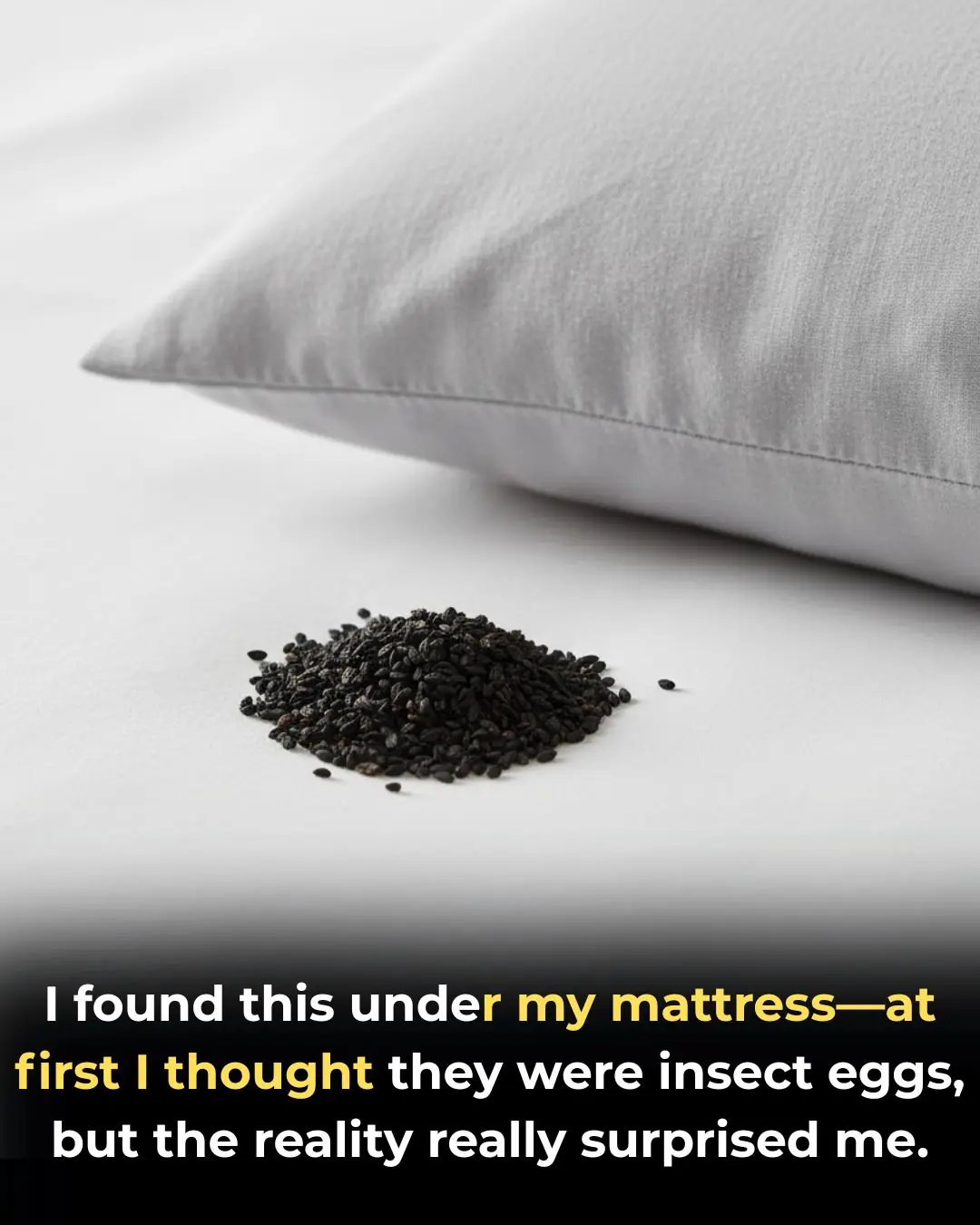
I Thought I Found Insect Eggs Under My Bed

The Lip Color You Pick Reveals What Kind of Woman You Are

Don’t Toss That Tuna Can

101-year-old woman who still works 6 times a week explains what she fears would happen if she retired

What the Inside of Your Car Might Say About You

This Simple Word Could Let Scammers Clone Your Voice with AI

Donald Trump ‘rattled’ as he’s booed at stadium he wants named after him

Here’s Why Many Couples Start Sleeping In Separate Beds After 50

Why Do We Get Shocked by Static Electricity

What Clearing the Table Says About You

The Secret Language of the Hand: Interpreting the Touch During a Handshake

Why You Might Have Dark Circles …Even If You’re Sleeping Well

What Do the Triangle Stickers Above Your Airplane Seat Mean?
News Post

Do not use a sharpening stone on dull scissors. Apply the following method to make the scissors as sharp as new ones bought from the store: Simple but effective

Don't rush to throw away expired or leftover beer. Use it for these 8 things and everyone will praise it

Weeds or Wonders? Discover the Hidden Treasures in These 4 Common Plants
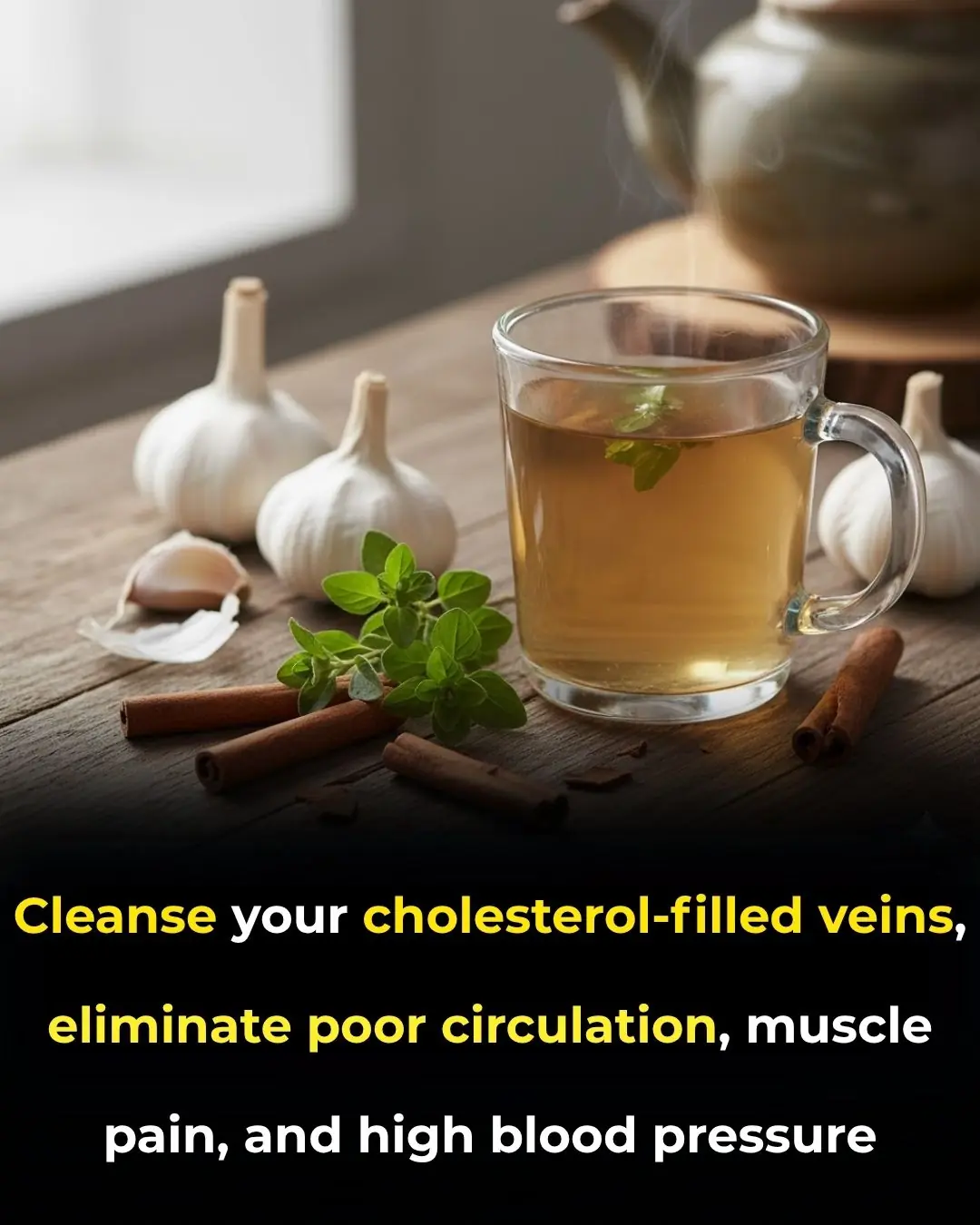
Say Goodbye to Parasites, Cholesterol, High Blood Pressure, and Poor Circulation With This 7-Day Homemade Drink

Drink This 2X a Day to Remove Uric Acid Before it Crystallizes in Your Joints and Becomes Painful

Simple Tips to Fade Freckles for a More Even and Radiant Complexion
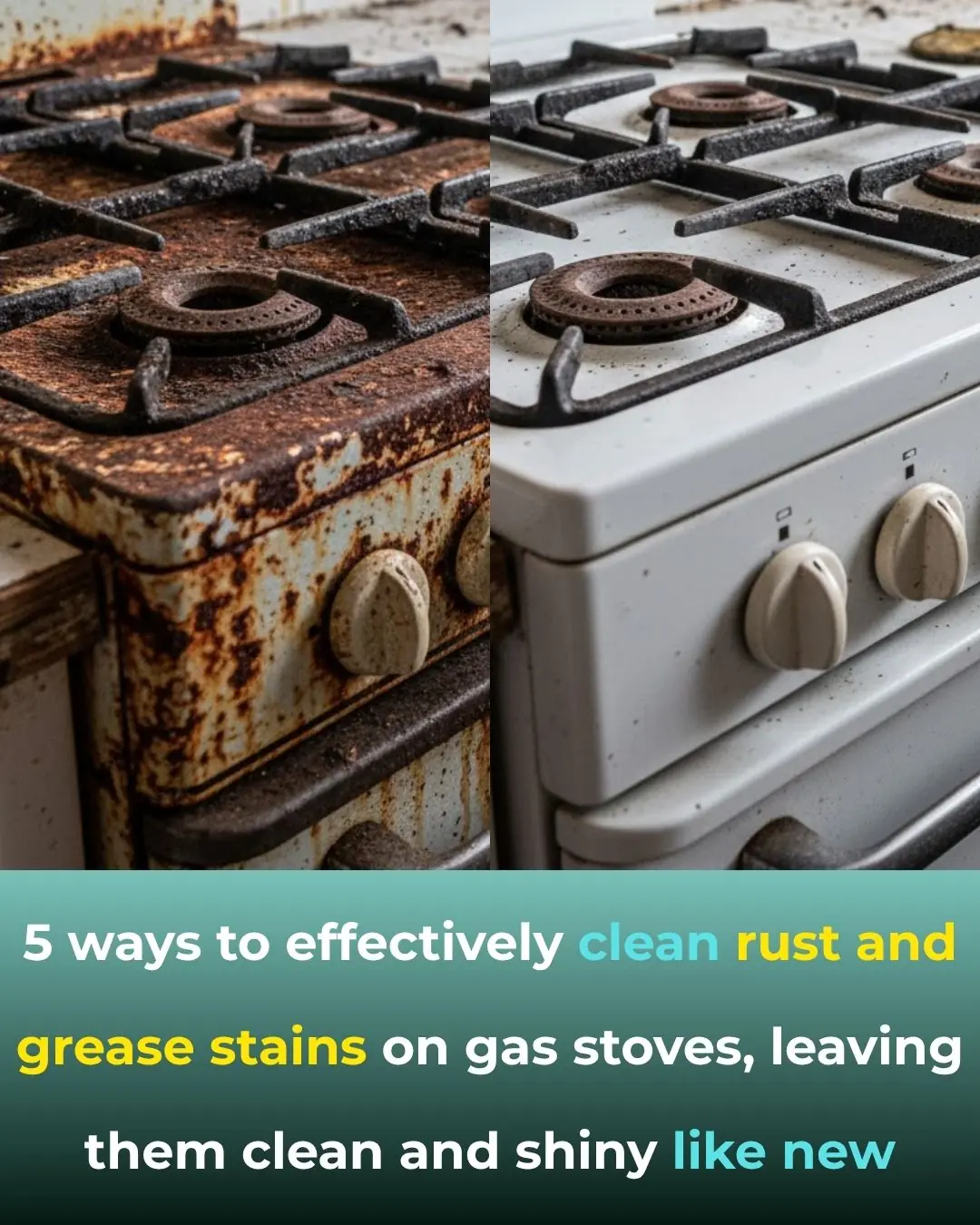
5 Effective Ways to Clean Rust, Grease, and Stubborn Stains from Your Gas Stove—Making It Shine Like New

Lower blood sugar naturally by training just 2 leg muscles
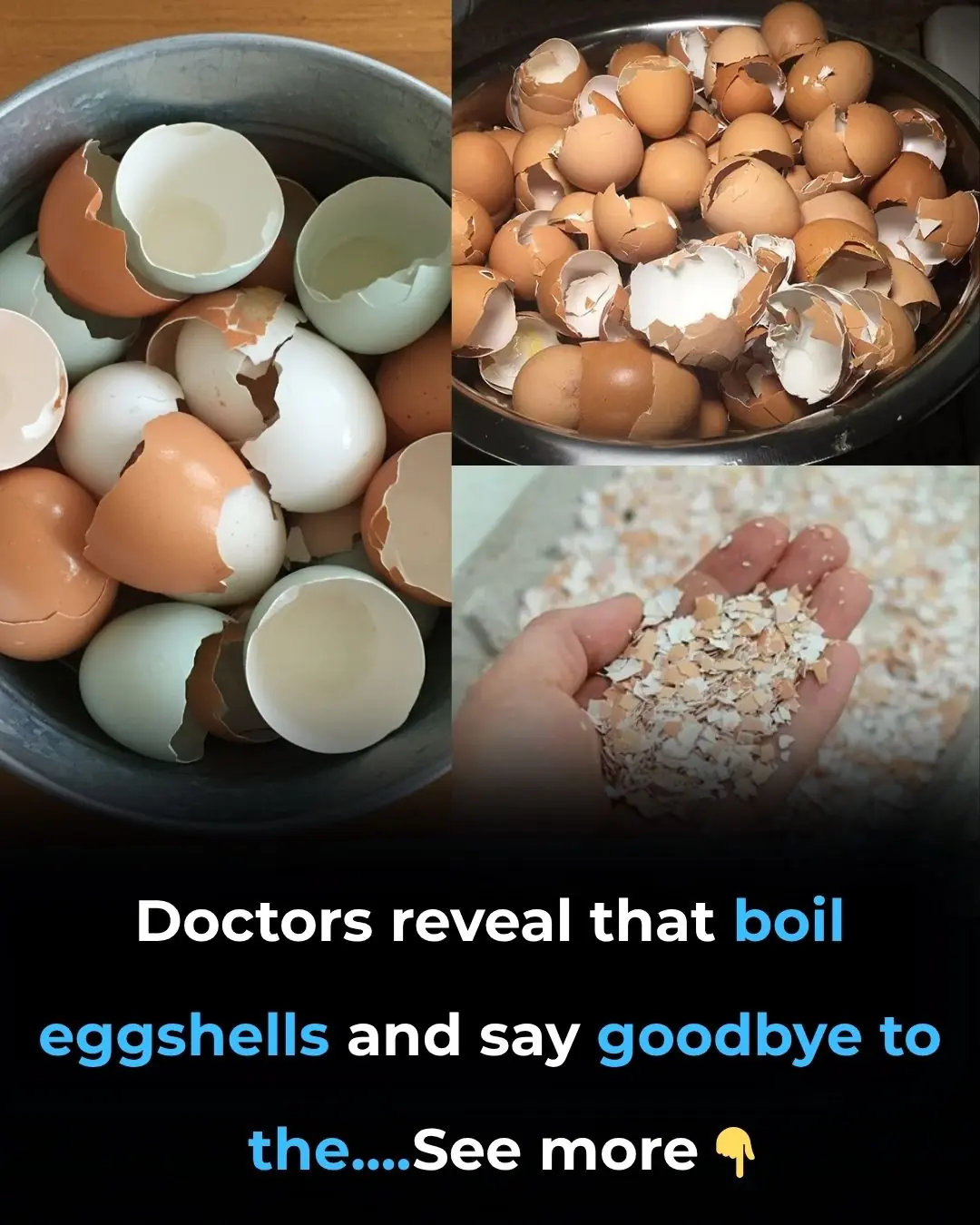
Boil eggshells and say goodbye to the …
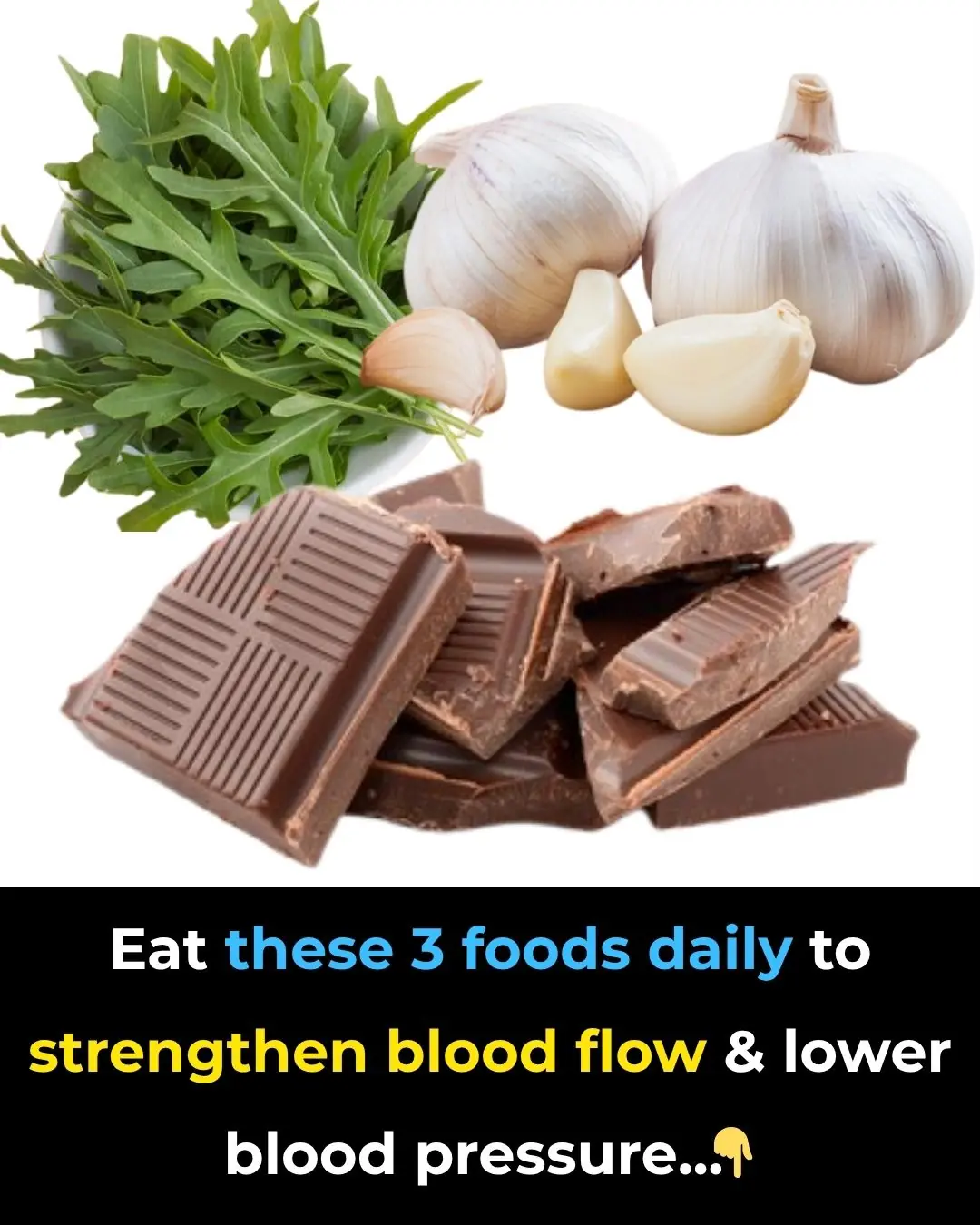
3 Food Combo to Strengthen Your Heart

Lone Star Tick Bites: Dangers, Symptoms, And Urgent Steps To Take

If You See A Bent Tree In The Forest, Start Looking Around Immediately
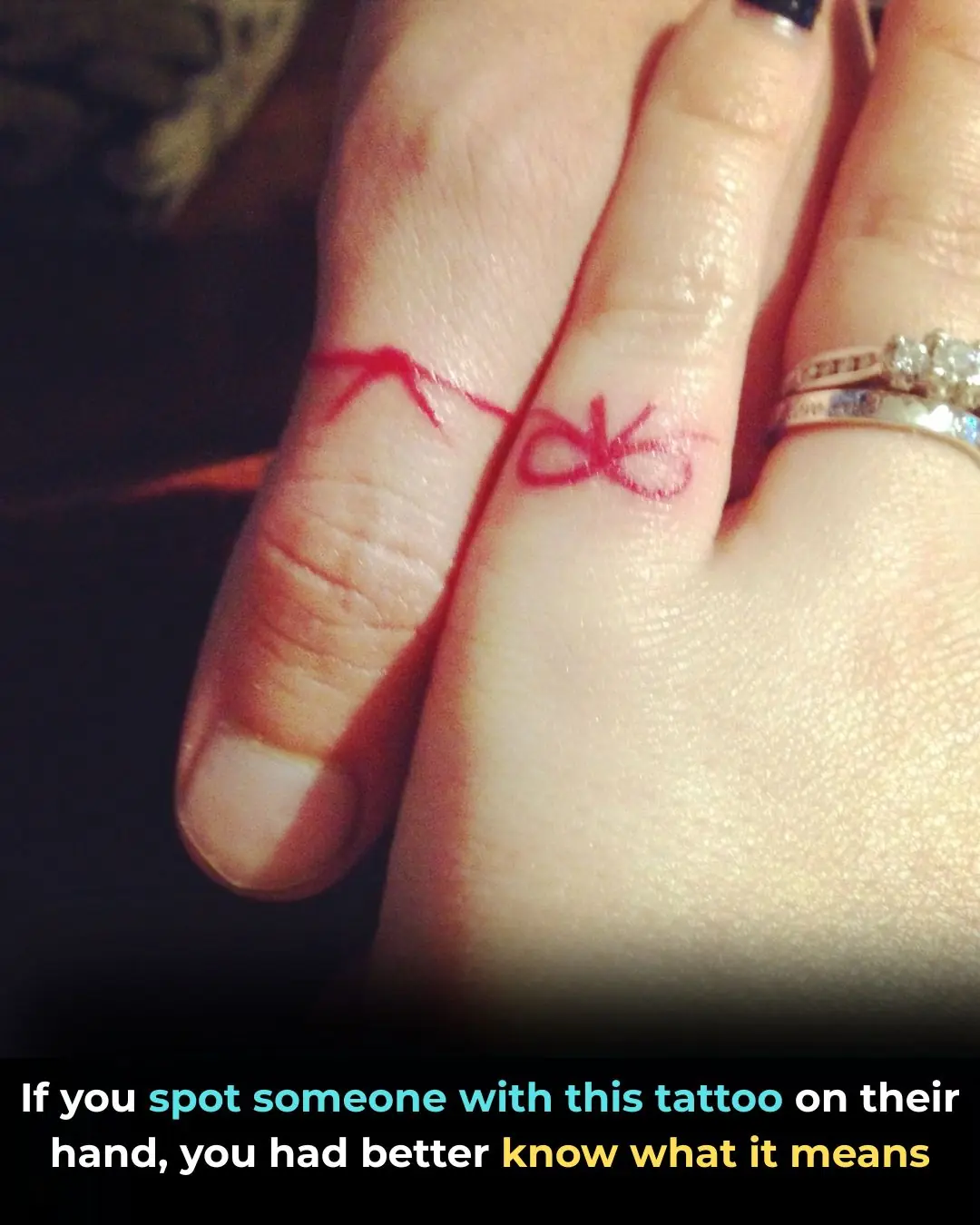
If You See Someone With This Tattoo On Their Hand, Here’s What It Means

Bear Caesar Finally Freed After Years In Cruel Torture Vest

Man Isolates Himself From Society For Over 25 Years. What He Does Is Beyond Belief

Chilling Final Posts Emerge From TV Host’s 19-Year-Old Daughter Before Her Tragic Death In Los Angeles

Lady Frederick Windsor brands royal family’s lives ‘total hell’: ‘A form of torture’

Good Morning Britain's Ranvir Singh wows in flattering cord jumpsuit that 'fits perfectly'

What Your Belly Is Trying to Tell You
